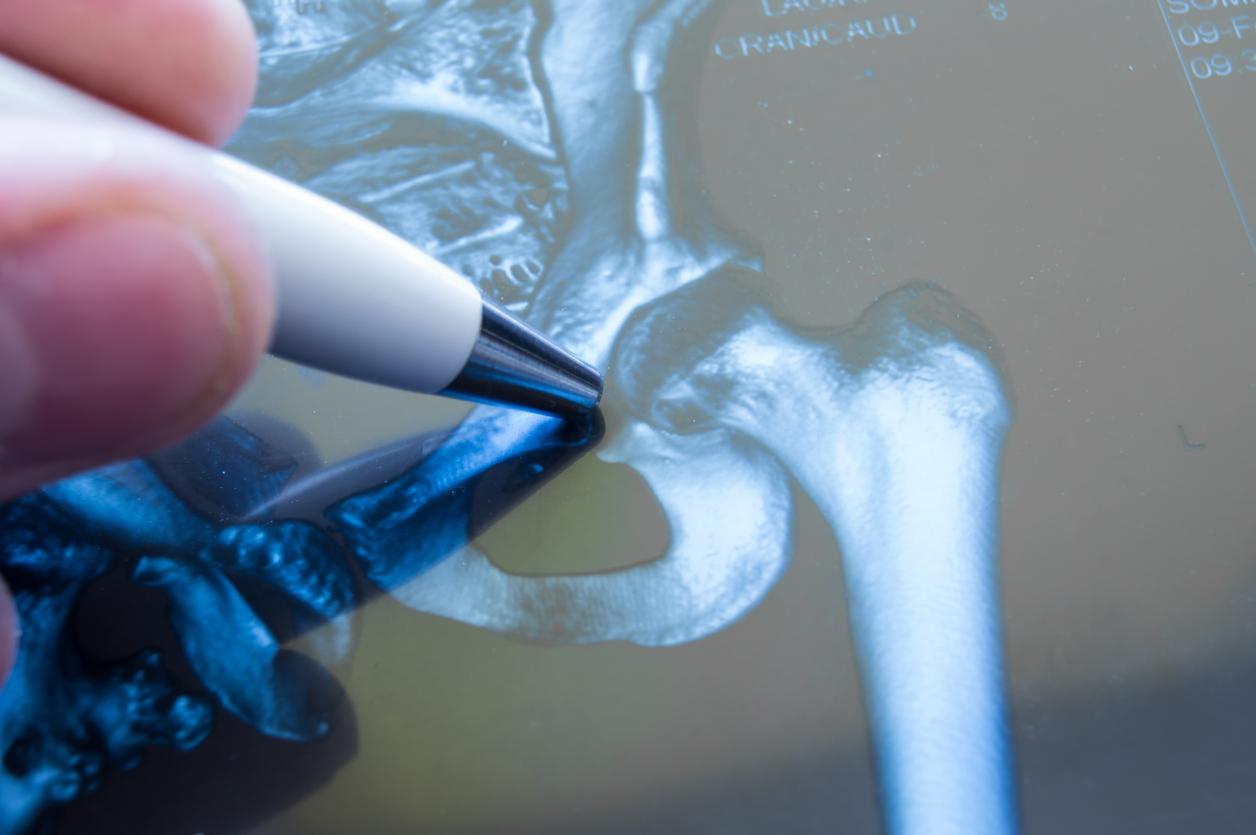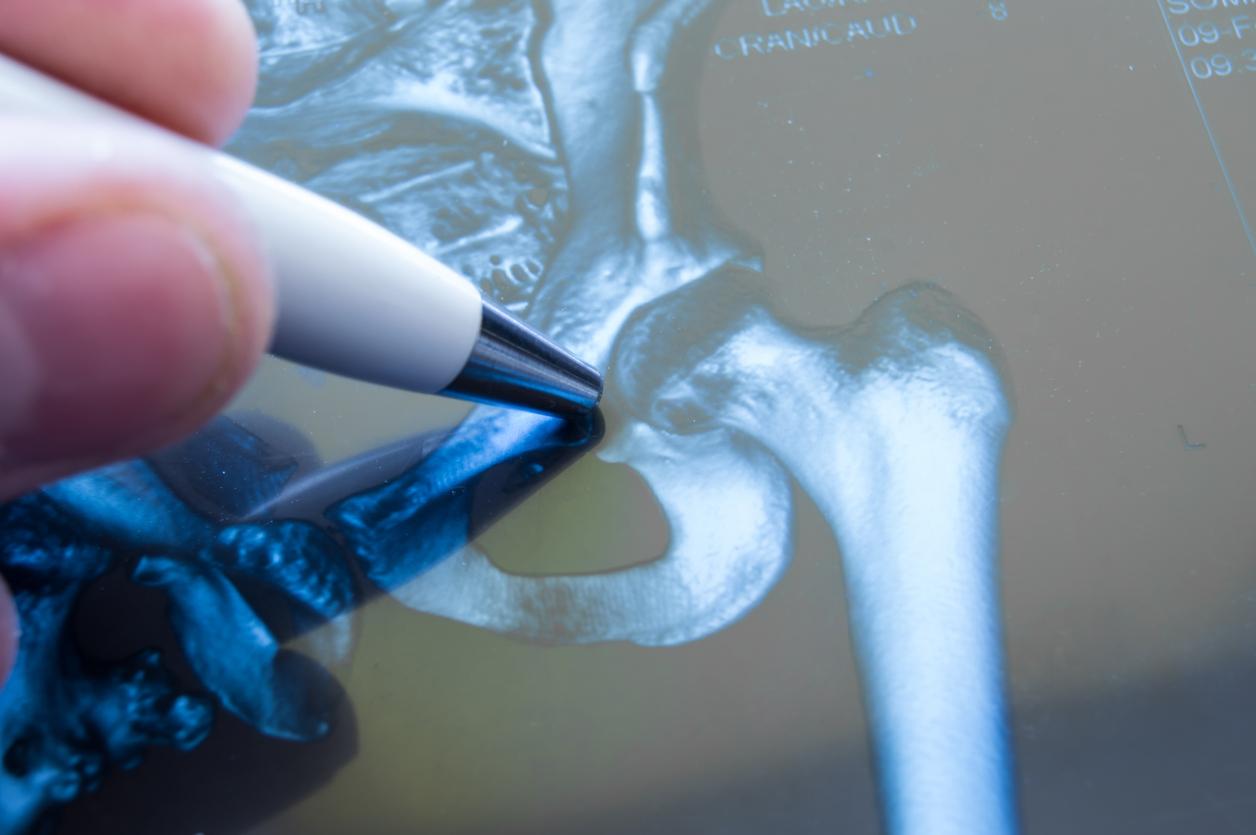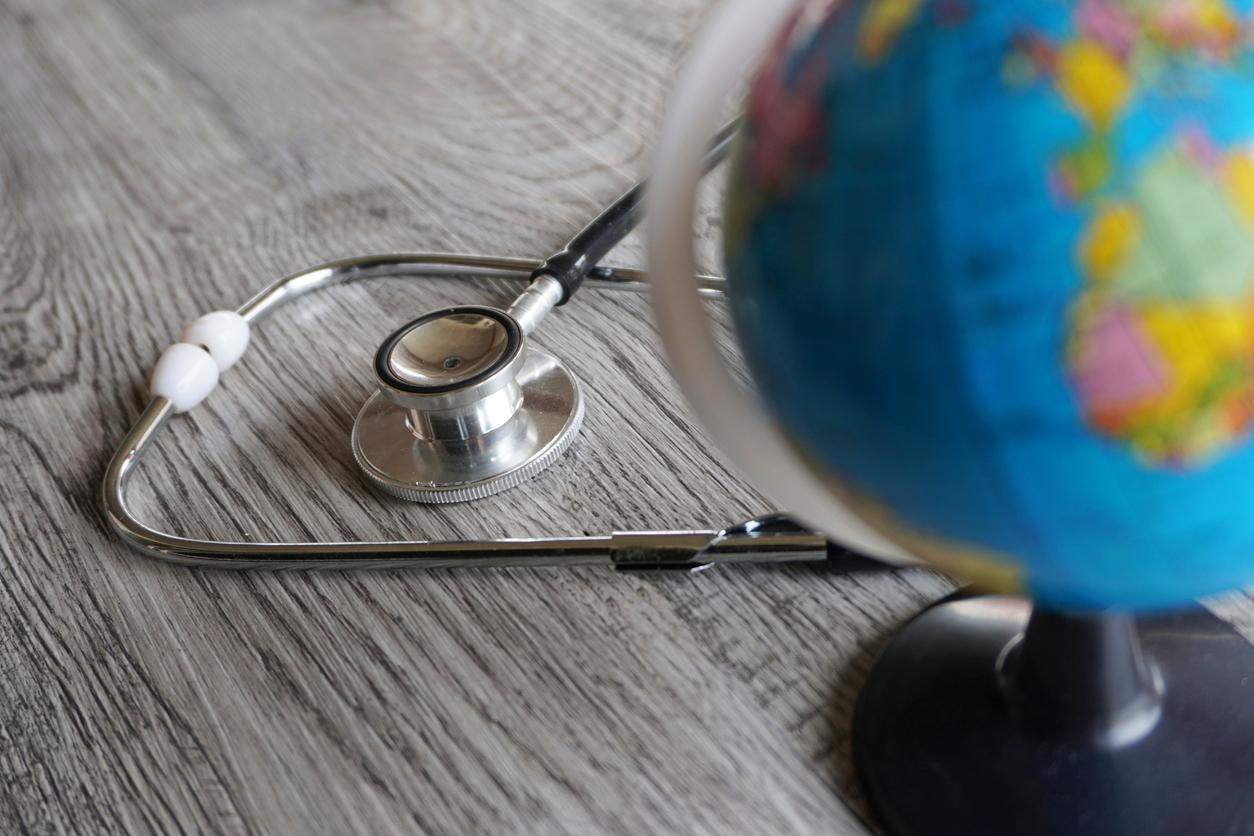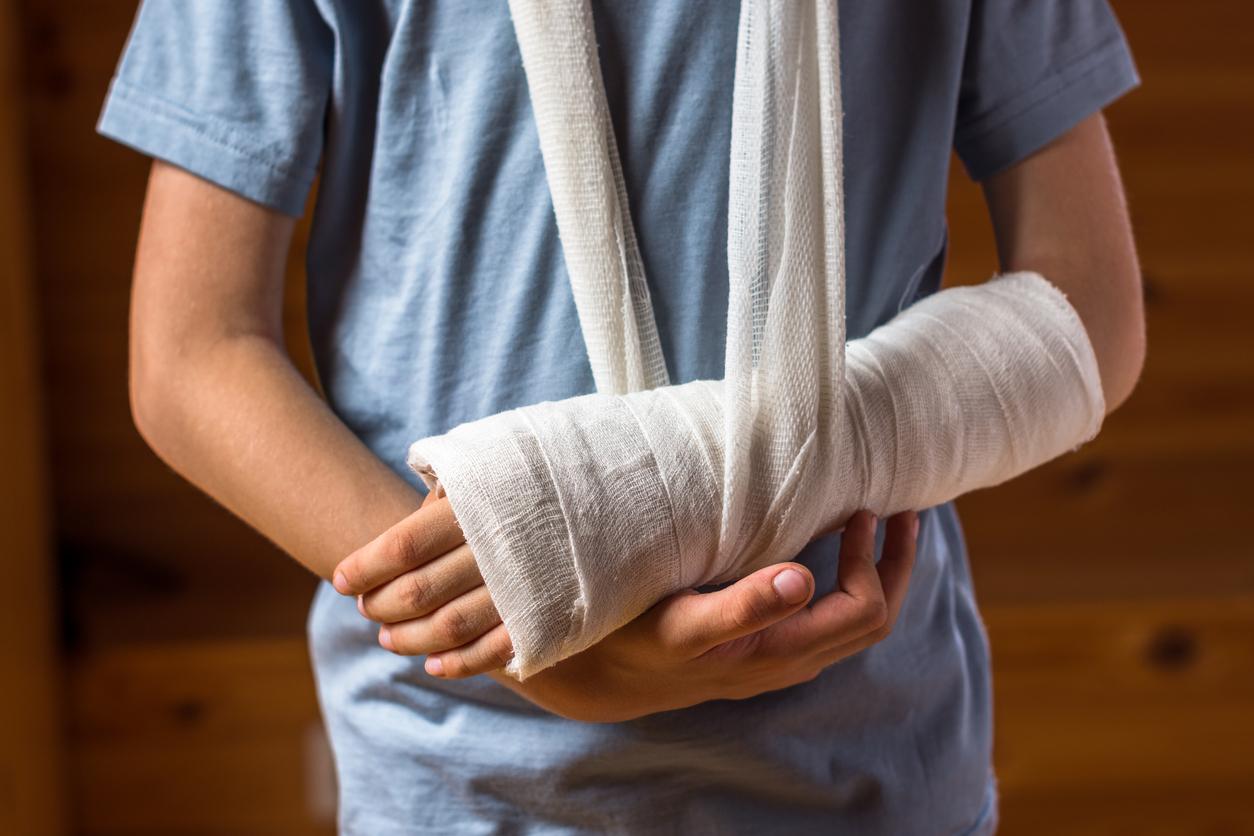Small changes in habits can significantly reduce the risk of hip fracture.

- Hip fracture is not always linked to osteoporosis.
- A slight increase in bone mineral density can significantly reduce the risk.
- To do this, you must adapt your lifestyle: stop smoking, balanced diet, sufficient vitamin D intake, etc.
The older you get, the more the risk of falling increases and with it the risk of fracture. It can have significant consequences on health, particularly when it affects the hip. This is considered a surgical emergency and can significantly reduce quality of life. “20% of people have postoperative complications and 30 to 50% of them have an often significant reduction in their autonomy.“, warnsHealth Insurance. Although osteoporosis is one of the main causes of hip fracture, other factors can contribute and some are modifiable. This is the purpose of a study published in Journal of Bone and Mineral Research.
Hip fracture: osteoporosis is not always the cause
“Osteoporosis is a disease characterized by weakness and fragility of bones caused by bone lossrecalls Tuan Nguyen, researcher specializing in osteoporosis. People with osteoporosis have the highest risk of hip fracture, (…) however, the majority of hip fractures occur in people who do not have osteoporosis.” However, there are ways to prevent these fractures. This scientist emphasizes that it is important that “Everyone, especially older adults, takes steps to improve their bone health.”. He specifies that bone mineral density, or the amount of calcium present in the bones, is modifiable. “Even small improvements reduce the risk of fracture.”he warns.
A slight increase in bone mineral density significantly reduces the risk of hip fracture
This statement is the conclusion of a study carried out with more than 3,000 people over 60 years old. The researcher and his team found that between the two periods of this analysis, bone mineral density increased by 3% in the group and at the same time, there was a 45% reduction in hip fractures. Such benefits are normally observed after a 10% increase in bone mineral density. “Some people, who are taking medication or committing to lifestyle changes, notice a slight change in their bone mineral density and may believe that these measures provide little benefit to them.believes Professor Nguyen. However, even these minor effects can lead to a substantial reduction in fracture risk.”
Hip fracture: what lifestyle changes can reduce the risk?
Bone mineral density is linked to different elements on which it is possible to act. “Bone health is affected by lifestyle factors such as smoking, physical activity and nutrition, including vitamin D and dietary calcium intake, develops the researcher. Quitting smoking, maintaining moderate physical activity and eating a healthy diet can help reduce bone loss.” In France, theHealth Insurance also recommends reducing alcohol consumption and maintaining a sufficient weight.


















